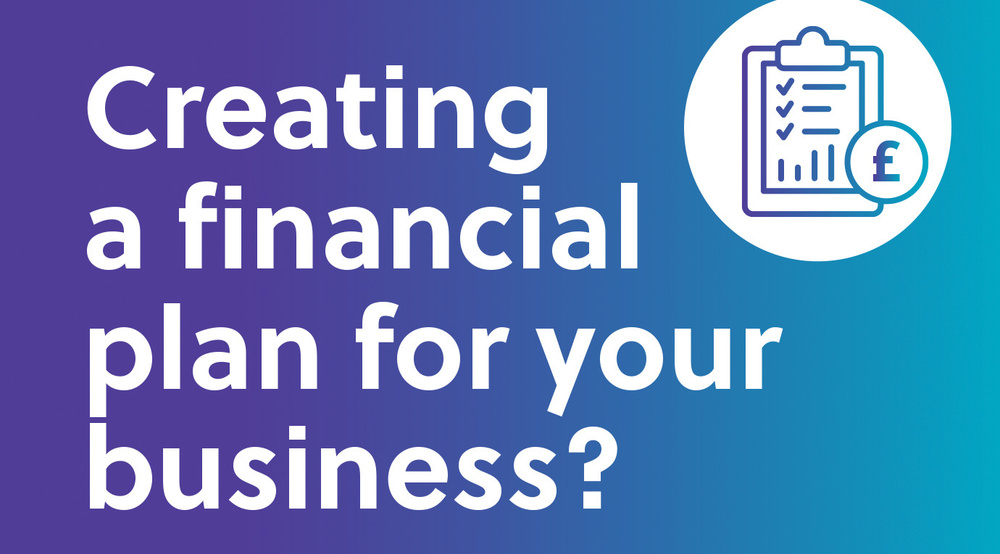2 Jul 2024
How do I create a financial plan for my business?

Planning is the key ingredient to achieving long term success in business. Having a robust financial plan in place is not only essential for setting realistic goals but it helps companies manage money effectively and ensure the wheels are in motion for future growth.
Whether you're just starting out or looking to expand your business, a financial plan plays an integral role in your overall finance strategy. Ideally it will be made up of three financial elements:
- Cash flow statement: A cash flow statement tracks the flow of cash through the business, providing insights into a company's financial health and operational efficiency. It also helps to paint a picture of the income streams money is coming from and what it’s being spent on which is generally split into operating, investing and financing categories.
- Income statement: The income statement highlights a company's revenue, expenses, gains, and losses over a specific period. It offers valuable insights into the company's operations, management efficiency, underperforming areas, and performance compared to industry peers.
- Balance sheet: A balance sheet is a financial statement that details a company's assets, liabilities, and shareholders' equity at a specific moment in time. In essence, the balance sheet offers a snapshot of what a company owns, what it owes, and the amount invested by shareholders. It can be used alongside other key financial statements (stated above) to analyse a company.
Planning goals
Once the statements have been provided, business owners must outline a clear plan which considers both short- and long-term goals. Goals should be Specific, Measurable, Achievable, Relevant, and Time-bound (SMART). This can involve targets like reaching a certain revenue milestone, expanding into new markets, or launching new products. Once goals are selected, finances can be assigned to achieve them.
Forecasting finances and budgets:
Financial forecasting requires planning future income, expenses, and cash flows. It can be difficult to plan ahead in an unpredictable economic landscape as we are in now, but business owners should generally make estimates based on figures from previous years.
A budget should also be created to outline expected income and expenditures over a period. It serves as a guideline for managing your finances and ensures that you are working towards your financial goals.
Tax planning is a key part of preparing budgets and it’s essential for businesses to understand their requirements but to also take advantage of any deductions and credits they may be entitled to. For example, a company that invests in research and development will likely be entitled to claim tax relief. Assessing taxes can be a minefield to navigate so it’s always best to seek advice from a tax professional for bespoke insights into your business and the industry you operate in. Accountants and business advisors can be invaluable resources for the development of your business, and they are experts in making processes more streamlined.
Financial planning is an ongoing process and must be regularly reviewed against performance. We would recommend monthly reviews to assess how the plan looks against figures and if something has changed, adjustments can be made. It’s important to remember that if your business isn’t meeting goals, the plan can be modified to better align with objectives.
By taking the time to establish and maintain a comprehensive financial plan, you set a foundation for sustained business success and stability. A clear financial plan not only helps you manage day-to-day operations but also prepares you for long-term growth. Get in touch with our team of experts today for advice on your business plan.
You can also download a helpful PDF on creating a financial plan here.
Becky Young